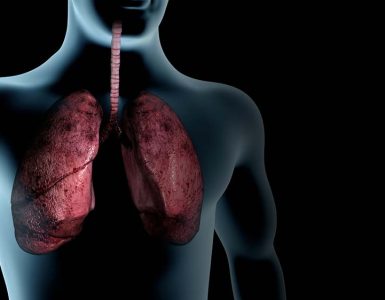A 2-month-old infant diagnosed with COVID-19 experienced reversible myocardial injury and heart failure, similar to COVID-19 related heart issues seen in adults, according to a case published in JACC: Case Reports. The infant recovered with normal heart function and was discharged with no heart failure medications.
Since the earliest reports of COVID-19 in China, there have been indications of myocardial injury in some patients. In the early cohorts of adult patients hospitalized with COVID -19, studies showed as many as 20-28% of patients showing myocardial injury. Most of the patients with myocardial injury had pre-existing cardiovascular disease.

In this case, a 2-month-old infant presented with choking and bluish discoloration of the skin after feeding. The child had no history of fever, cough, upper respiratory tract infection symptoms, diarrhea, vomiting or decreased feeding prior to the first presentation. The patient was born prematurely at 33 weeks and stayed in the NICU for three weeks, including one week of nasal continuous positive airway pressure.
The patient’s initial COVID-19 test was negative, but a repeat test was positive. An ECG showed myocardial injury due to the viral infection and heart failure symptoms exacerbated by the viral infection. Tests ruled out all other possible viral causes for the myocardial injury. The patient required fluid resuscitation and inotropic support for hypotension, as well as mechanical ventilation for respiratory failure. The patient also received remdesivir under a compassionate use order.
“The presentation and clinical course of this patient mirror four case reports of acute myocardial injury reported in adult patients with COVID-19,” said Madhu Sharma, MD, lead author of the case report and a pediatric cardiologist at The Children’s Hospital at Montefiore.
“Most children with COVID-19 are either asymptomatic or have mild symptoms, but our case shows the potential for reversible myocardial injury in infants with COVID-19. Testing for COVID-19 in children presenting with signs and symptoms of heart failure is very important as we learn more about the impact of this virus.”
















Add comment